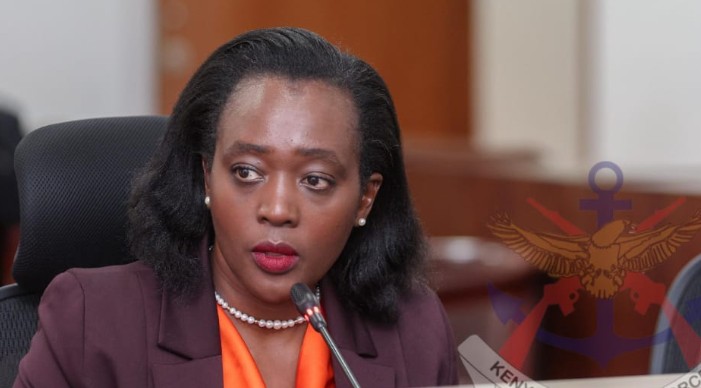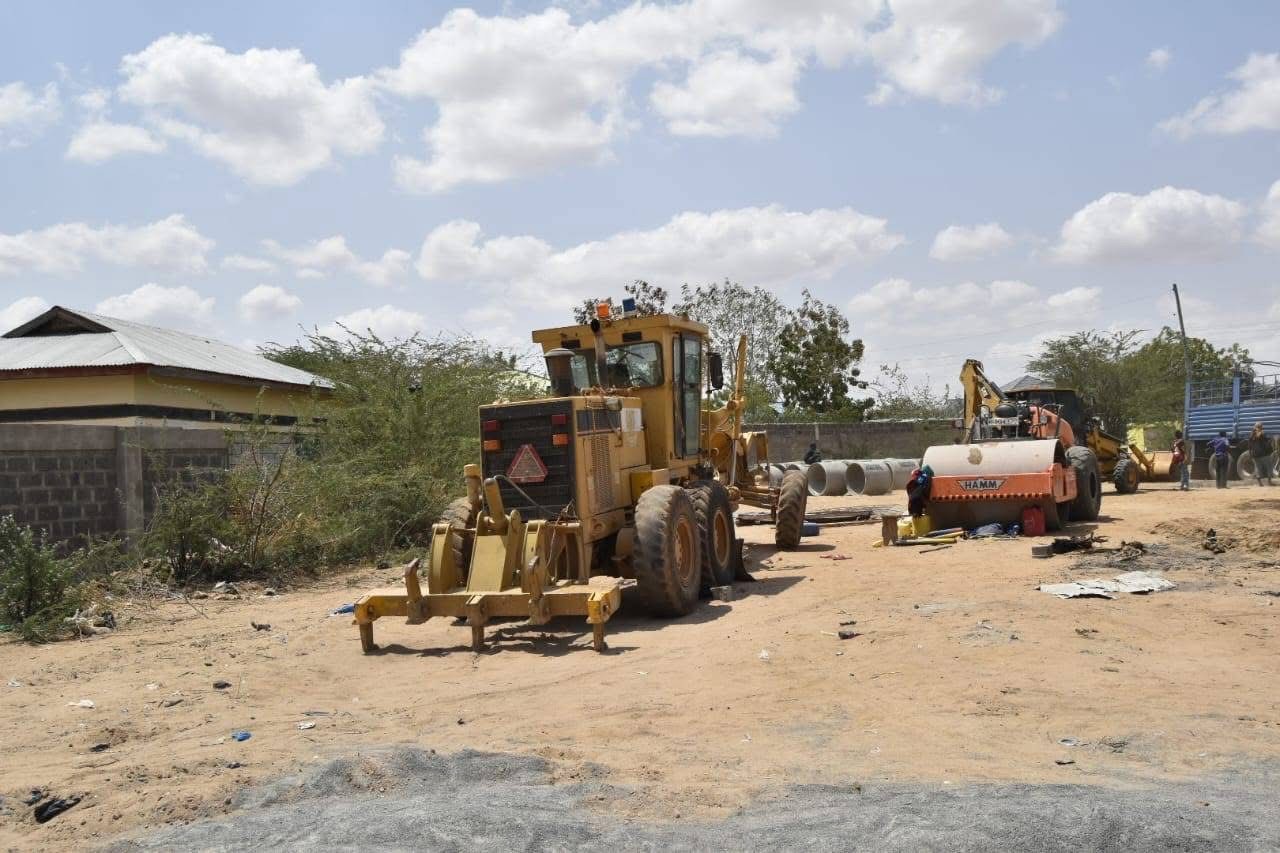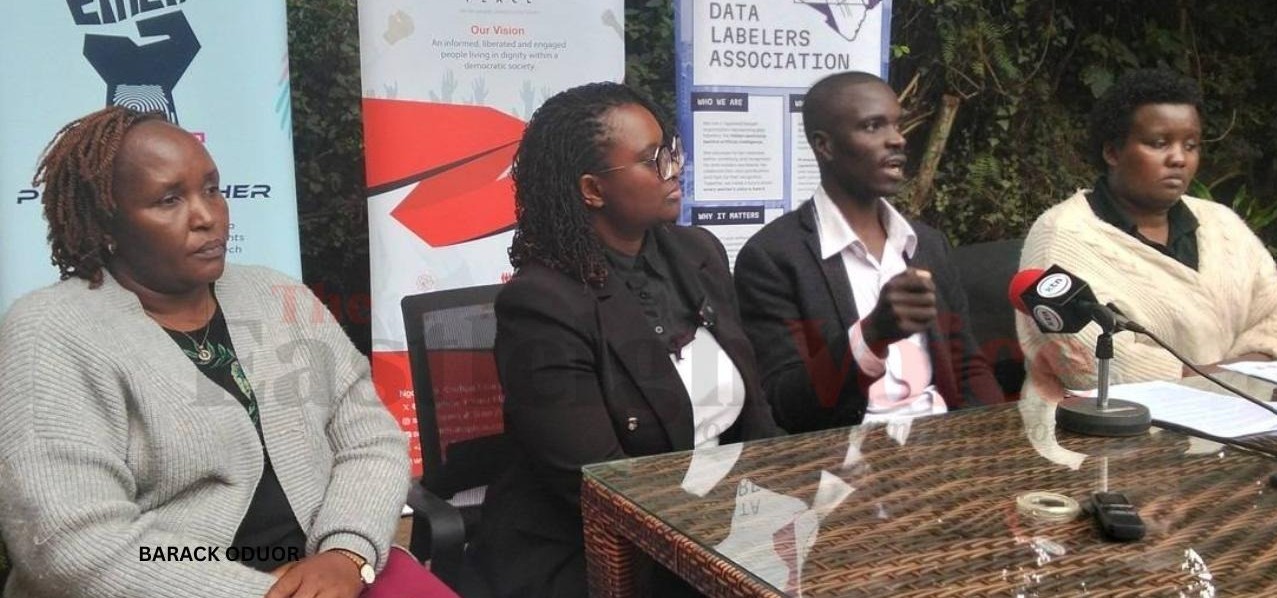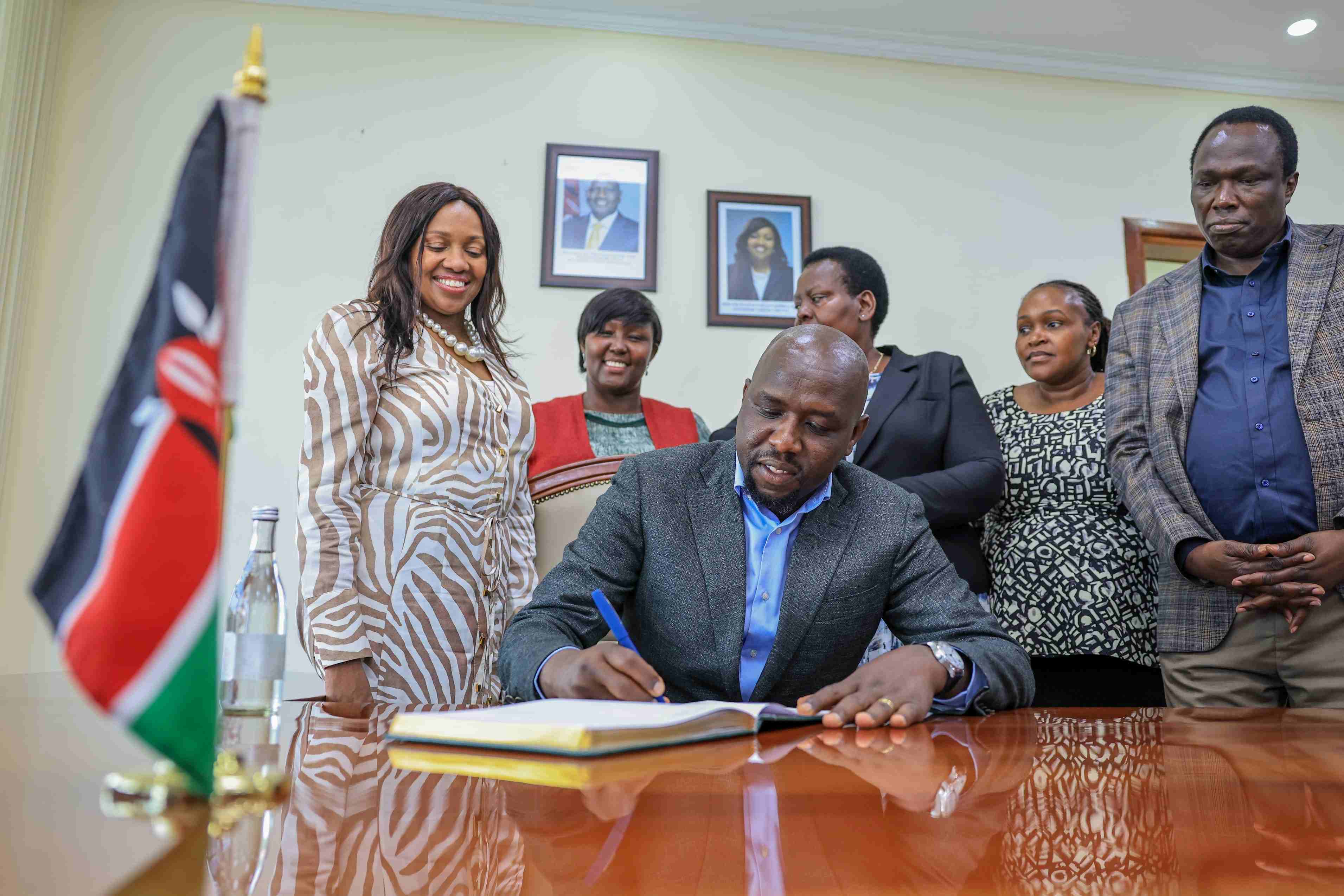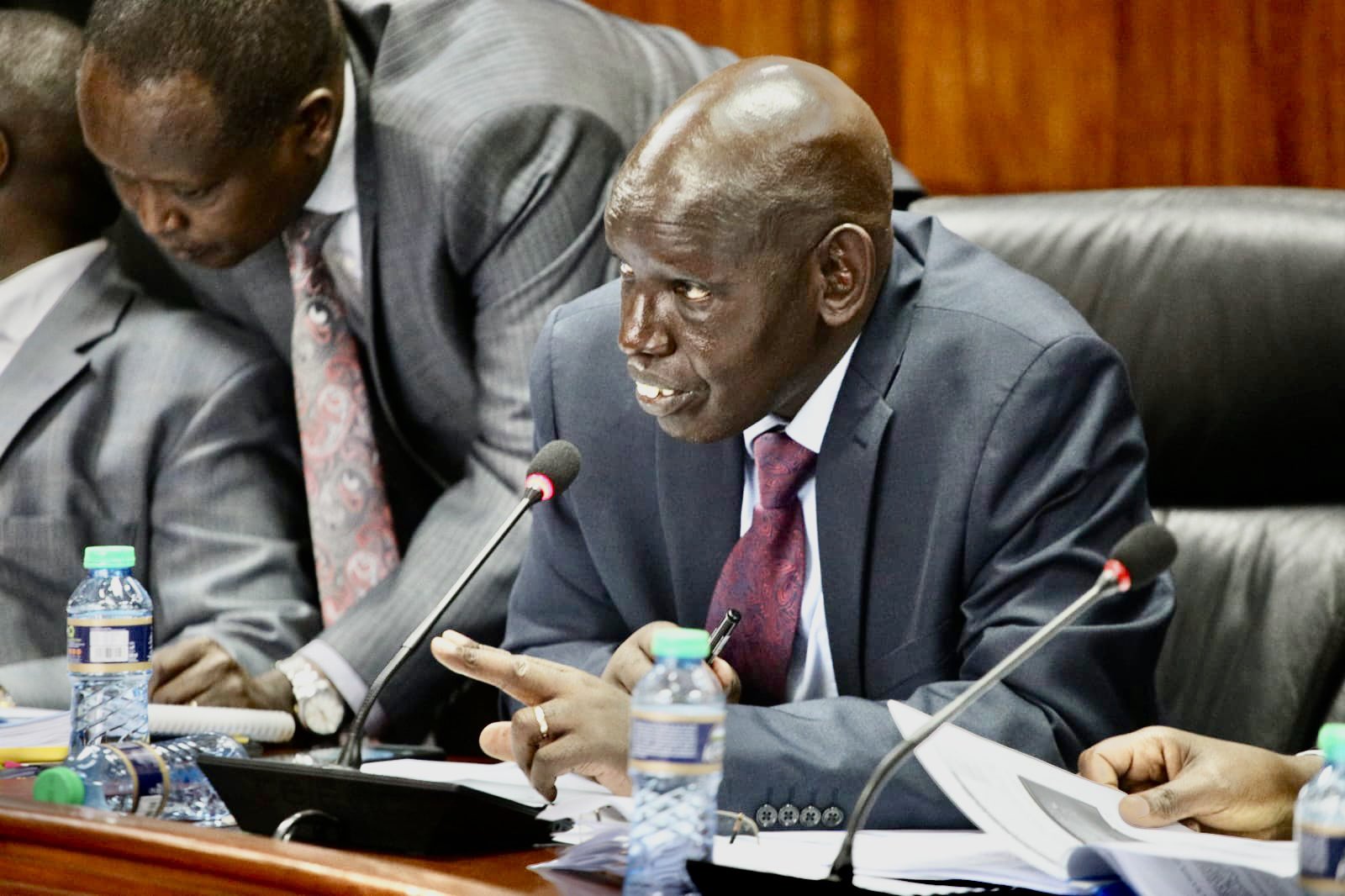Car dealers oppose new directive to get local marine cargo insurance for all imports
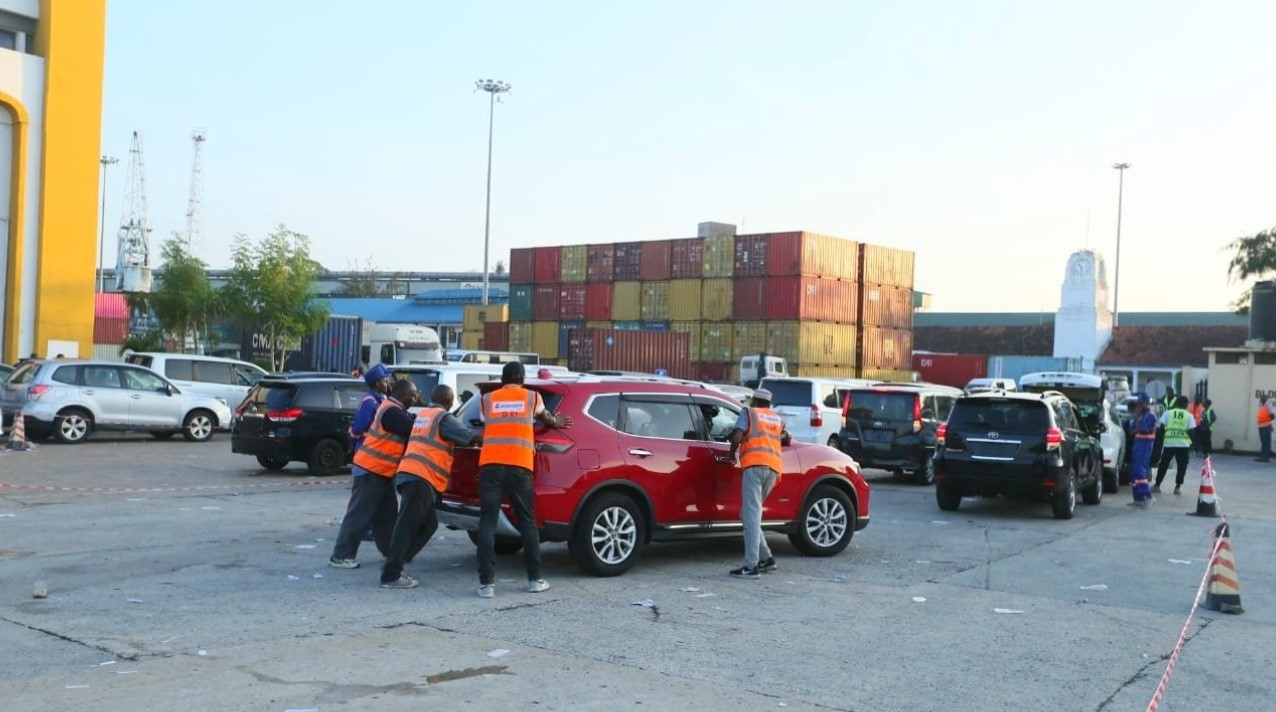
CIAK Chairman Peter Otieno argued that the directive contravenes international trade conventions and restricts importers’ freedom of choice.
Car importers have opposed a government directive requiring all imports to be insured through locally licensed marine cargo insurance (MCI) providers starting February 14.
The directive, issued jointly by the Insurance Regulatory Authority (IRA) and the Kenya Revenue Authority (KRA), requires that all goods imported through the port of Mombasa must have MCI coverage procured locally before customs clearance.
More To Read
- KPA sets August 14 deadline for removal of abandoned containers at Mombasa Port
- Car importers urge KRA to drop new certificate of origin rule
- Opposition leaders claim suspected toxic sugar cleared at Mombasa port, warn of public health risk
- IRA deregisters 20 insurance brokers over non-compliance
- Kenyan insurers must disclose major cybersecurity breaches within 24 hours, regulator says
- KEBS intercepts unsafe electrical extension sockets worth Sh2.5 million at Mombasa port
However, the Car Importers Association of Kenya (CIAK) said the measure infringes on the rights of importers and is inconsistent with international trade practices.
CIAK Chairman Peter Otieno argued that the directive contravenes international trade conventions and restricts importers’ freedom of choice.
“Insurance should be left to importers to decide whether to take the cover or not. This should be a willing-seller-willing-buyer arrangement,” Otieno said.
He noted that Kenya is a signatory to the Kyoto Convention which supports the principle of choice for importers regarding insurance coverage.
At owner’s risk
Otieno further explained that most car importers operate under cost and freight (C&F) agreements, where the cargo is transported at the owner’s risk.
“Forcing importers to take local insurance is akin to infringing on rights guaranteed under the 2010 Constitution, similar to how individuals are free to choose whether or not to purchase health insurance,” he said.
He added that such mandates impose additional levies for services that importers may not want or need.
The IRA and KRA defended the directive, saying it is aimed at boosting local insurance providers and contributing to Kenya’s economic growth.
Improve efficiency
In a joint announcement, the agencies stated that the new system, which includes a digitised insurance platform, would improve efficiency and transparency in MCI procurement.
A notice issued on January 7 emphasised that the requirement aligns with the Finance Act, 2017, and the Marine Insurance Act (CAP 390), which obligate individuals with an insurable interest in marine cargo to procure insurance from local providers licensed under the Insurance Act (CAP 487).
The government expects the move to strengthen the local insurance sector while providing added protection for importers’ goods during transit.
The IRA argued that locally procured insurance would minimise risks associated with transportation and ensure regulatory compliance.
Under the new system, importers must secure an MCI certificate through the IRA’s electronic platform and submit it to KRA’s Integrated Customs Management System (iCMS) for verification.
Non-compliance will result in denied customs clearance certificates. Once the required details are submitted and premiums paid, the certificate will be digitally transmitted to KRA for approval, facilitating cargo clearance.
Top Stories Today
